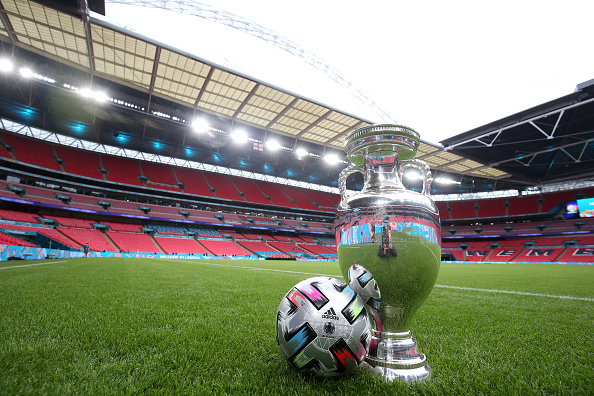
The UK and Ireland have been , UEFA has announced, with ten stadiums across nine cities selected to host games.
Old Trafford has not made the final shortlist, however, despite Manchester United’s stadium being one of the most iconic venues in the beautiful game.
There’s also no place for Anfield, despite the Anfield Road Stand expansion set to take the capacity to around 61,000, because the pitch size does not meet UEFA regulations.
The tournament will take place seven years after and hosted games at as part of UEFA’s 50th anniversary celebrations, and 32 years after England hosted Euro 96.
Let’s take a look at the venues that have been confirmed for Euro 2028.
Etihad Stadium, Manchester
Development work on increasing the size of Manchester City’s stadium to around 62,000 is scheduled to get underway later this year, and should be complete by 2025.
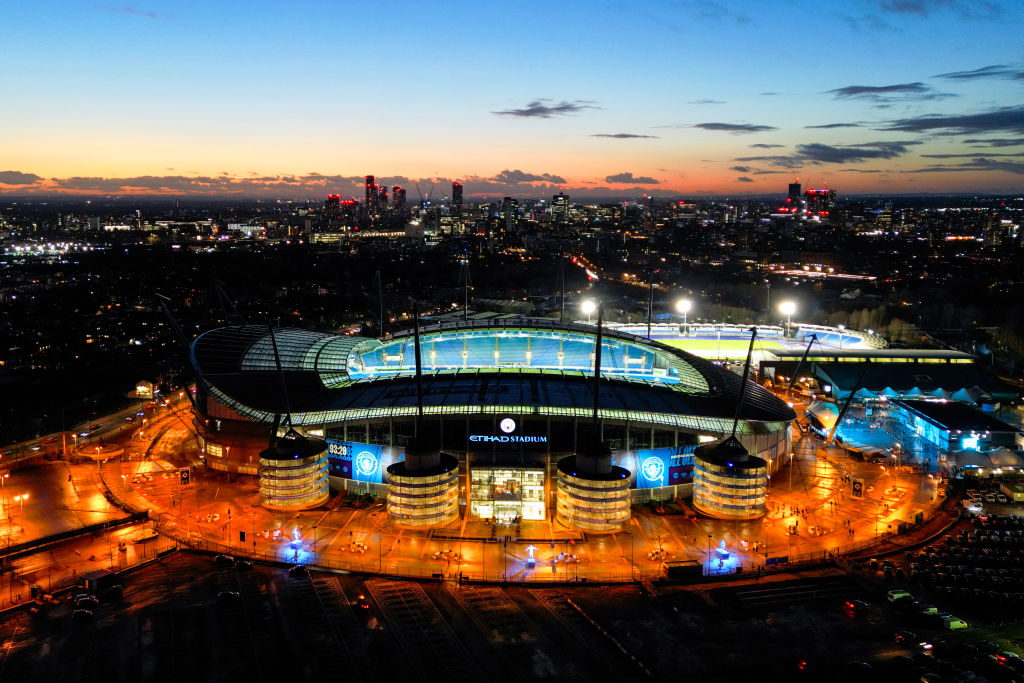
Everton Stadium, Liverpool
Everton’s 52,888-capacity new home is currently taking shape at Bramley-Moore Dock and, all going well, should welcome the Toffees’ at some point in 2024.
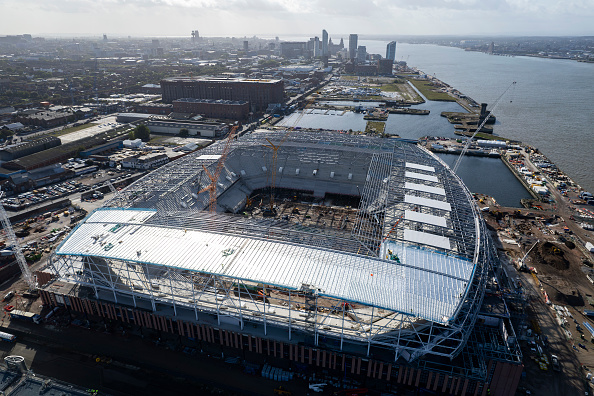
St James’ Park, Newcastle
Newcastle’s iconic home was one of the venues used during the Euro 96 tournament – the last time the UK exclusively held a major international tournament.
The club are exploring options to increase the capacity of the stadium by expanding the Gallowgate End and the East Stand, possibly allowing for up to 65,000 spectators.
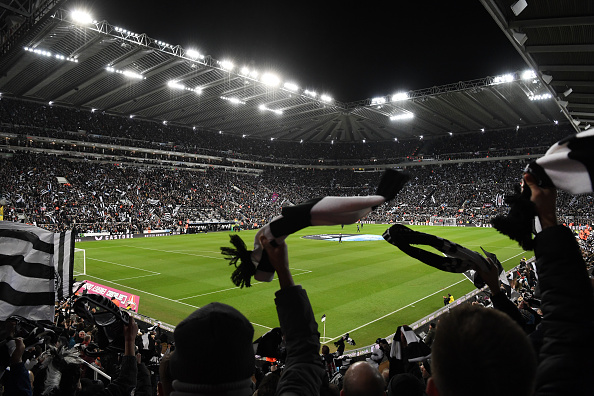
Tottenham Hotspur Stadium, London
Spurs’ new home since 2019, the stadium is the biggest club venue in London and features a retractable pitch with a synthetic surface situated underneath which is used for NFL games.
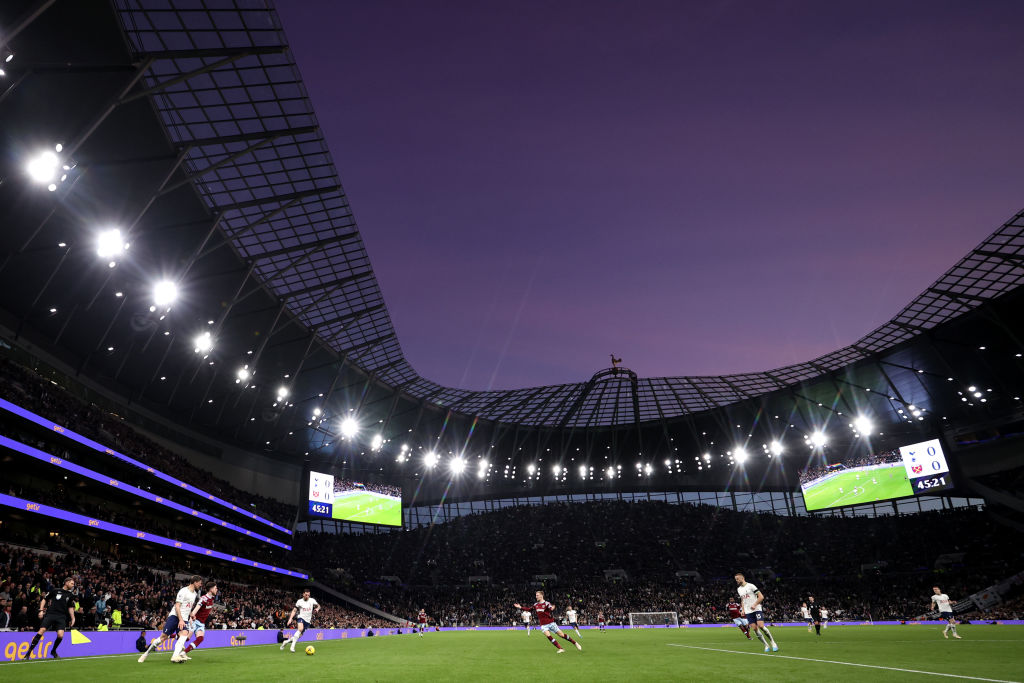
Wembley, London
Wembley is widely tipped to host the final, having done so for the showpiece games in Euro 96 and Euro 2020.
The FA will be keen to ensure no repeat of the chaotic scenes in and around the venue which marred England’s loss to Italy two years ago. Wembley is celebrating its centenary this year, with the original stadium dating back to 1923.
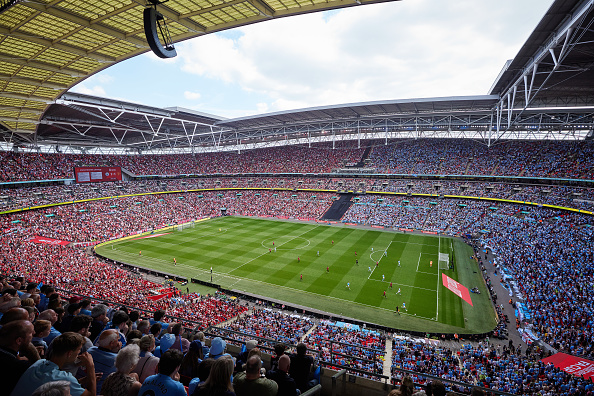
Villa Park, Birmingham
Aston Villa’s 52,190 seater stadium played host to four fixtures at Euro 96, including two of Scotland’s group games and one quarter-final.
The venue also played host to matches at the 1966 World Cup, with the likes of Spain, Argentina and West Germany turning out in Birmingham.
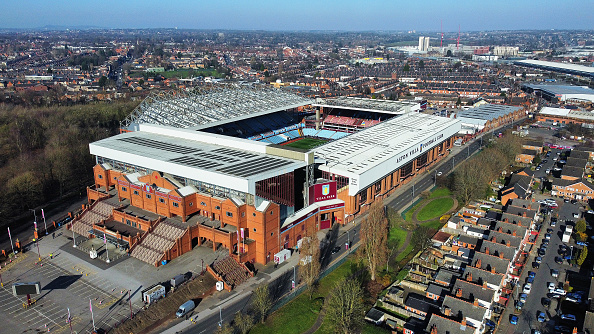
Principality Stadium, Cardiff
The Cardiff stadium has played host to European football events before, having staged the 2017 Champions League final between Real Madrid and Juventus.
It will be the second-largest venue in use at Euro 2028 with a capacity of 74,500, and it is reportedly set to play host to the opening game.
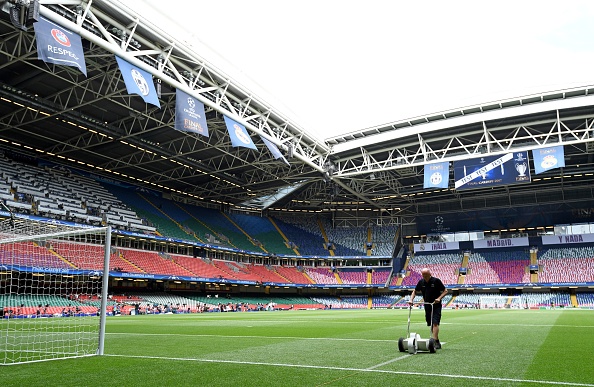
Hampden Park, Glasgow
Scotland’s national stadium also hosted matches at Euro 2020. The Scottish FA has also bid to stage the Champions League final in 2026 or 2027, which presently can fit in just over 50,000.
However, developers have put forward proposals to redevelop parts of the stadium, with the hope of taking it to around 65,000.
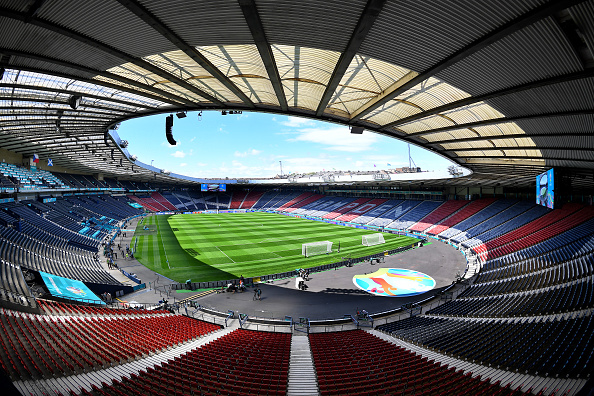
Casement Park, Belfast
Construction on the Andersonstown site in Belfast is due to get underway next year, with the aim for it to be completed by 2026. The capacity of the stadium is set to be 34,500.
Aviva Stadium, Dublin
The Dublin venue, which holds over 51,000 people, regularly hosts Republic of Ireland football matches and those of the Ireland rugby union team, along with high-profile Gaelic sports.
The stadium had been part of the plans to host Euro 2020 but could not give UEFA with the necessary assurances over minimum spectator levels amid the Covid-19 pandemic.
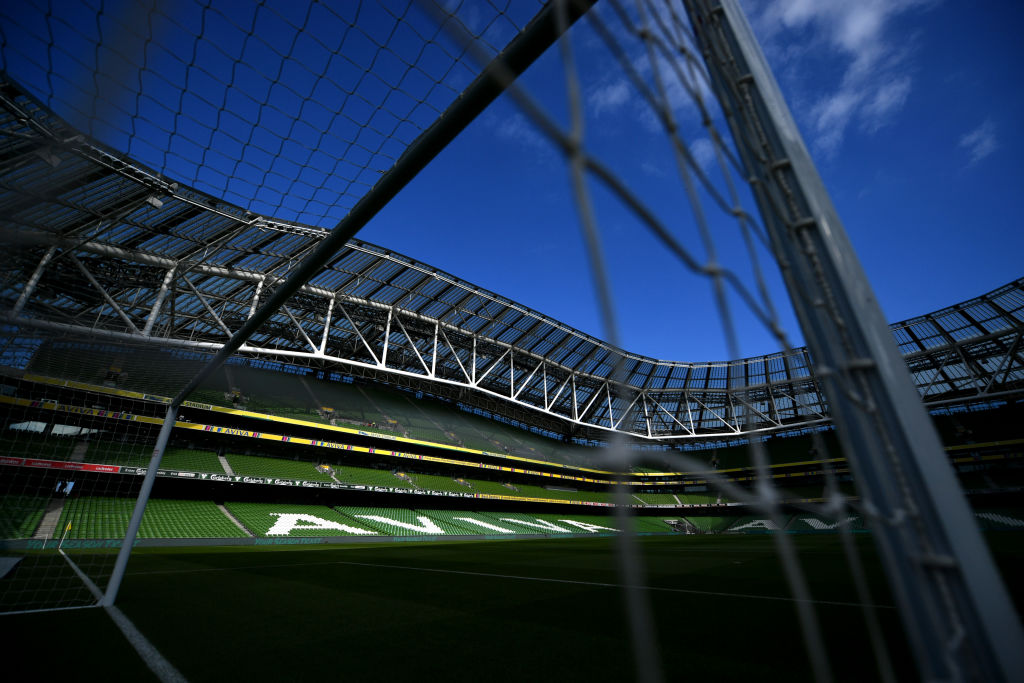
Follow Metro across our social channels, on Facebook, and
Share your views in the comments below




















